Ingmar Österberg, an 18-year-old Swede, and three of his friends are driving all the way from Gothenburg, Sweden, to stay at their cousin’s flat in Stockholm, five hours away. They have tickets booked at the Avicii Arena, formerly the aptly named Stockholm Globe Arena, which sort of looks like a pus-filled pimple in the middle of the Johanneshov district in the southern part of the city. Beneath the other-worldly dome’s exterior, the arena can fit roughly 15,000 people when it’s filled to capacity.
Throughout its history, the Avicii Arena has mostly played host to ice hockey games and occasional concerts — but Österberg is not going to the arena to watch hockey.
On Thursday Nov. 4, 2021, the Avicii Arena will be filled with thousands of Counter-Strike fans, all coming to see the first major tournament in over two years. That is, as long as people don’t start getting COVID-19. Health concerns and long travel times were not going to dissuade Österberg and his friends from missing not only the first major in two years, but one on Swedish soil, at that. A major that could reignite Swedish CS.
Österberg has been playing and following CS since 2016. Back then, two Swedish Counter-Strike: Global Offensive dynasties were fizzling out, nearing their natural conclusions: Ninjas in Pyjamas and Fnatic. Their rivalry was what ignited an enduring love of the game in many young Swedes. Österberg fondly recollects watching the old NiP squad, which featured fan favorites and legends of the game like Christopher “GeT_RiGhT” Alesund and Patrik “f0rest” Lindberg.
“Fnatic was always the evil team, the antagonist,” Österberg said. “When they won, it was fine, but you were… not mad, but you weren’t as happy as you would’ve been if NiP won.”
Times have changed and NiP are no longer the team they once were. Swedish CS, once at the top of the world, saw a steep decline as the Danes and the CIS teams rose to supremacy.
The NiP of today, while presently rated No. 2 in the world, is filled with some new and largely untested faces. They’ve seen their fair share of disappointment and are only now poised to be dark horse contenders. What’s more, Österberg doesn’t feel the same attachment he felt to the old NiP roster, though the behind-the-scenes vlogs that the organization is putting out has started to help in that regard.
But what happened to the Swedes who once dominated CS:GO? And why has it taken so long for NiP to rebuild a team that inspires a fragment of confidence, a persistent ember sustained by goodwill and national pride, in the team’s Swedish fanbase? If you ask f0rest, one of the aforementioned Swedish luminaries, the root of the problem is a sense of entitlement.



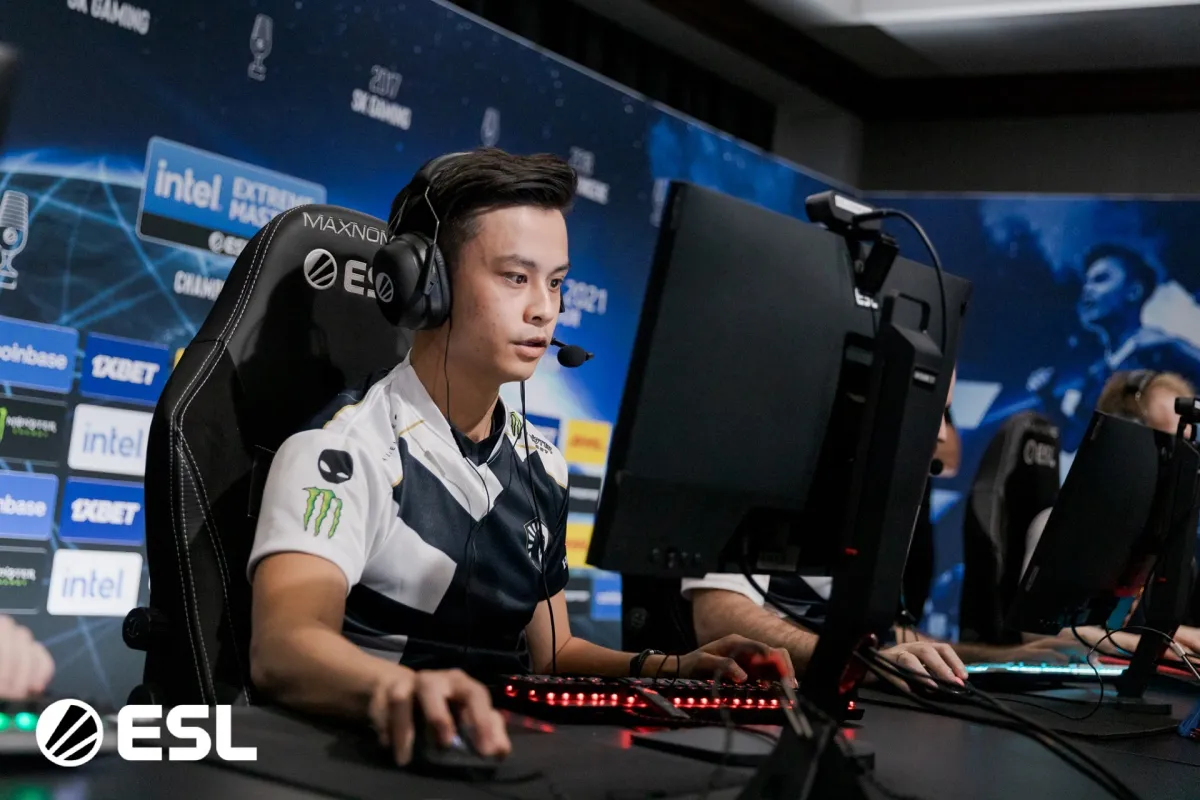
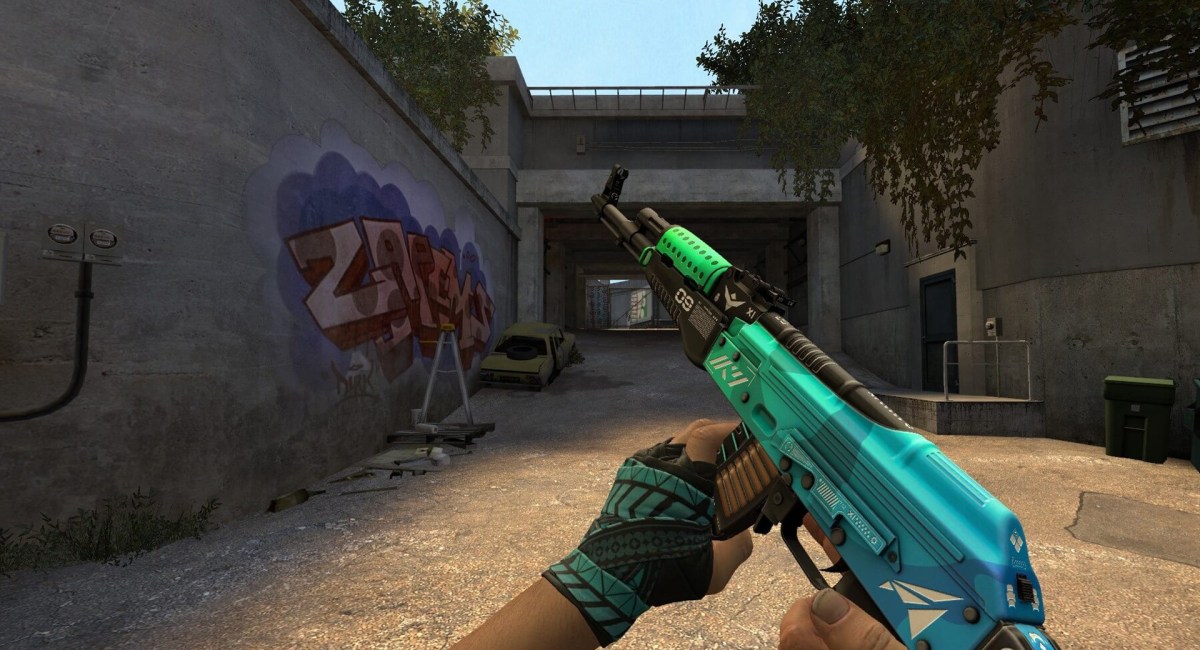
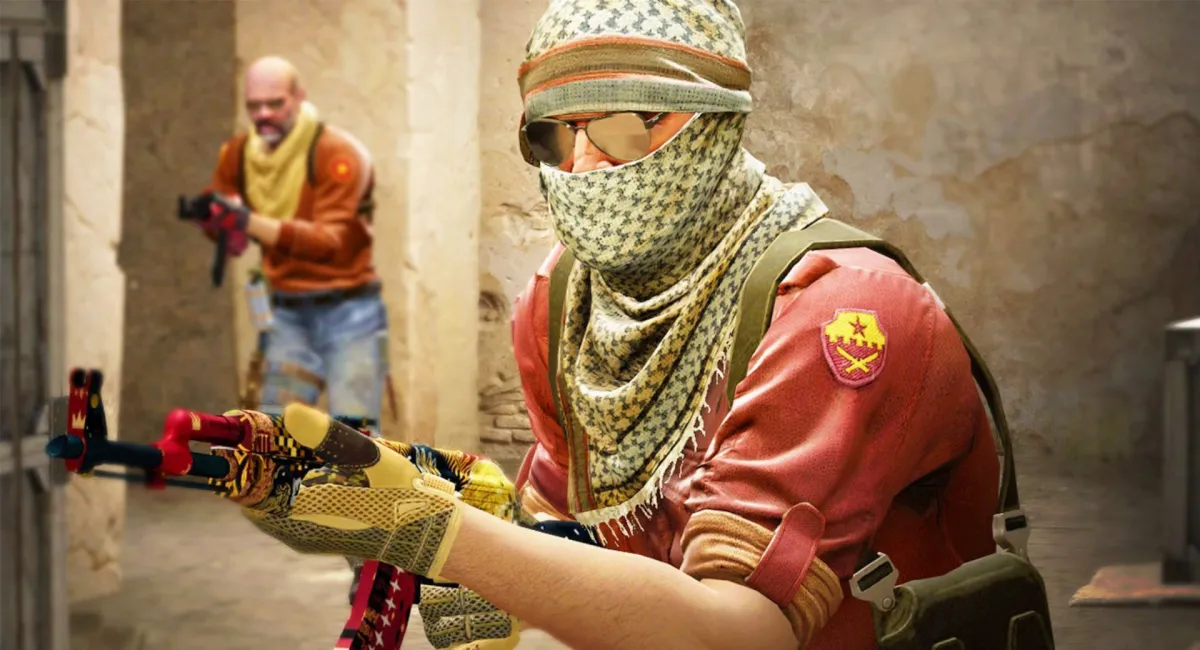
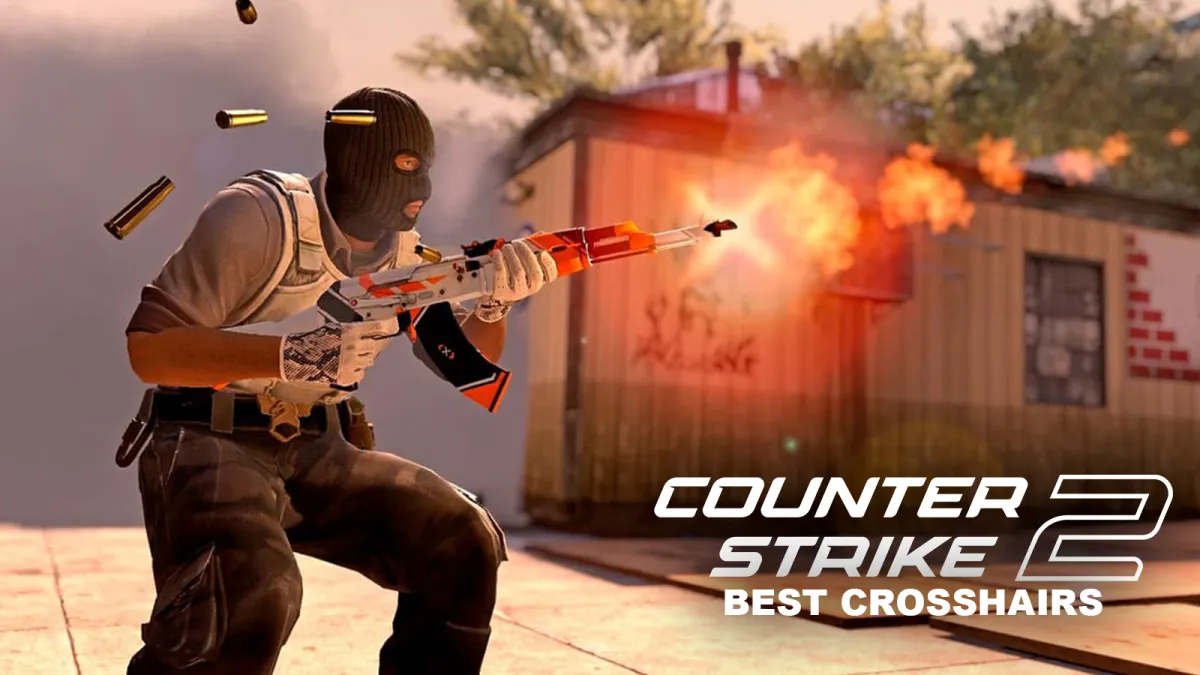
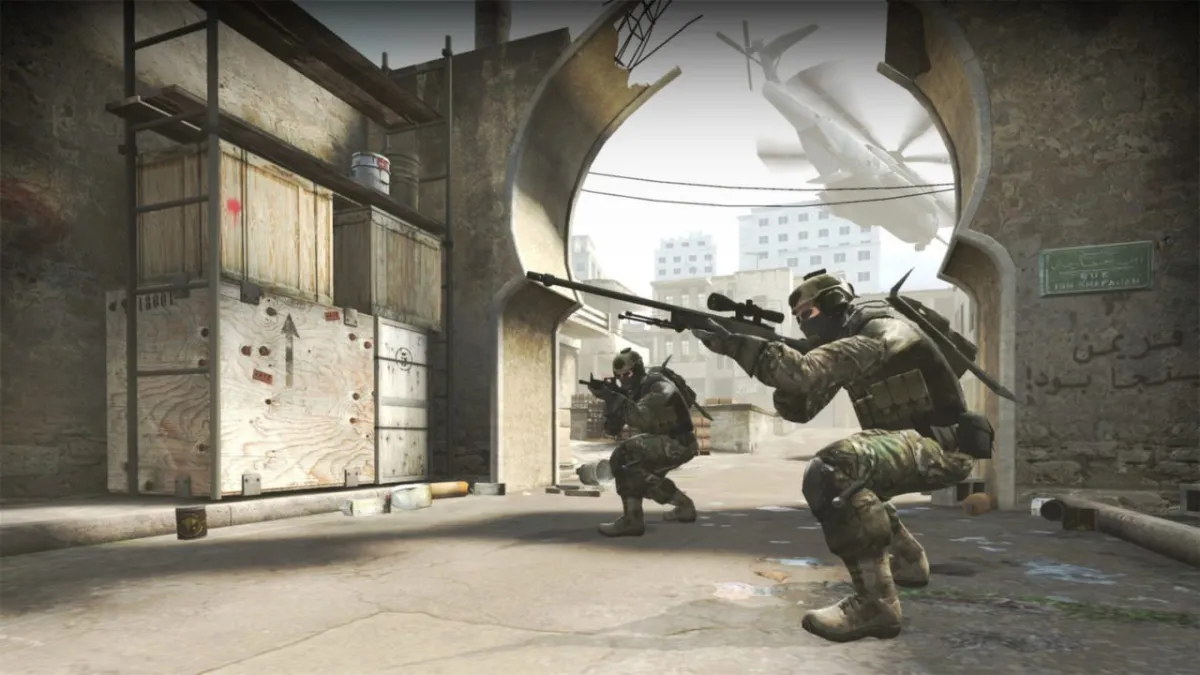



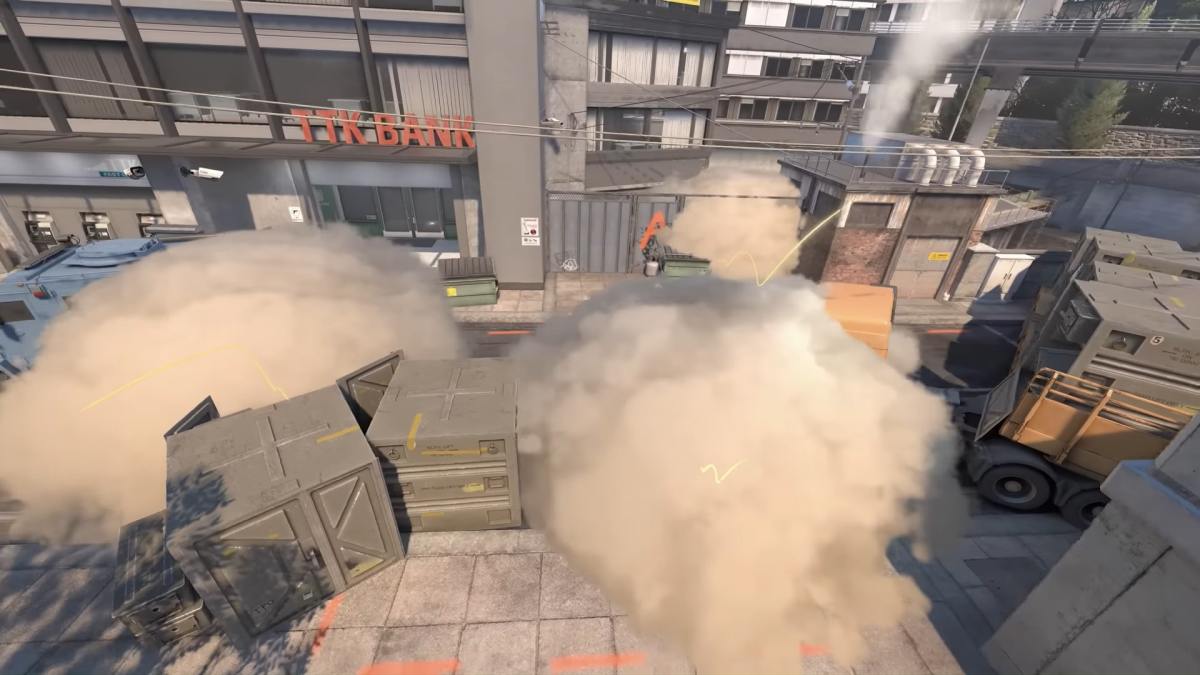




Published: Oct 29, 2021 12:00 pm